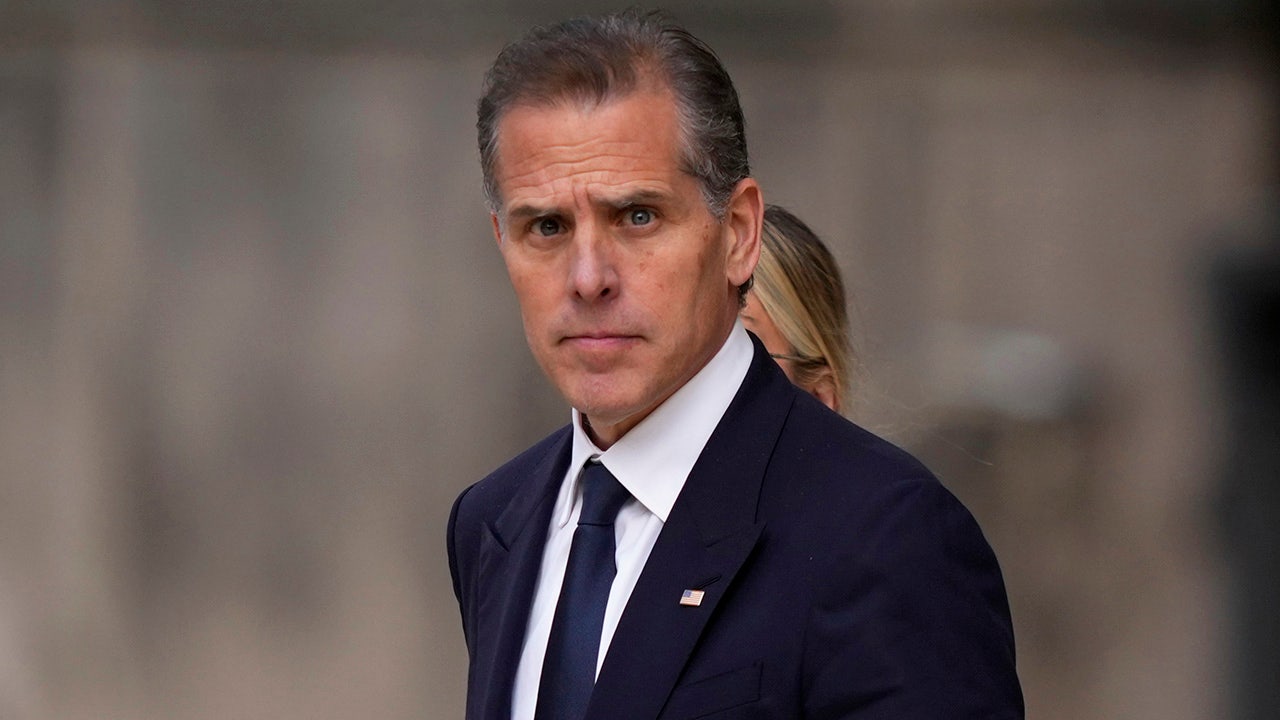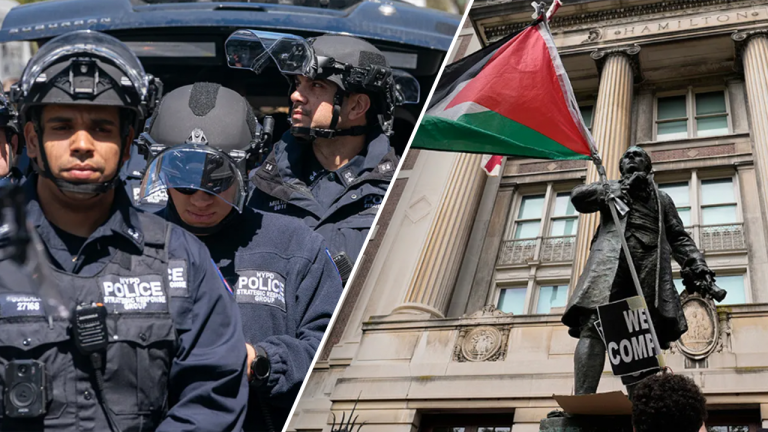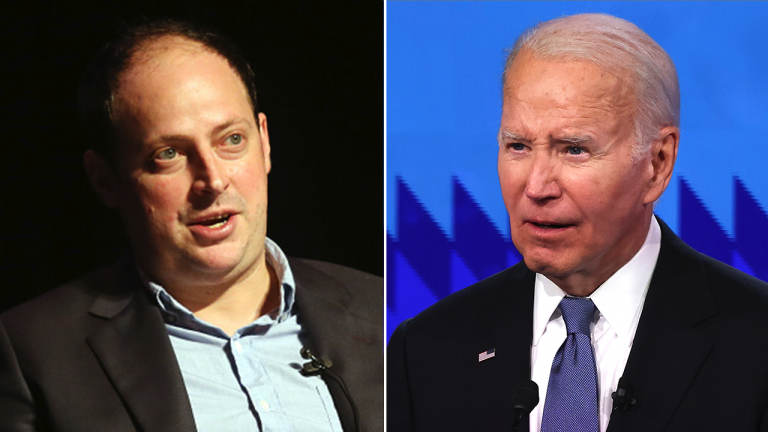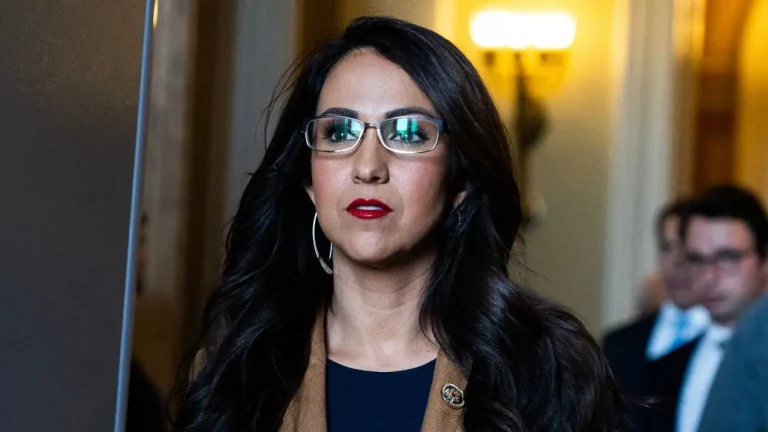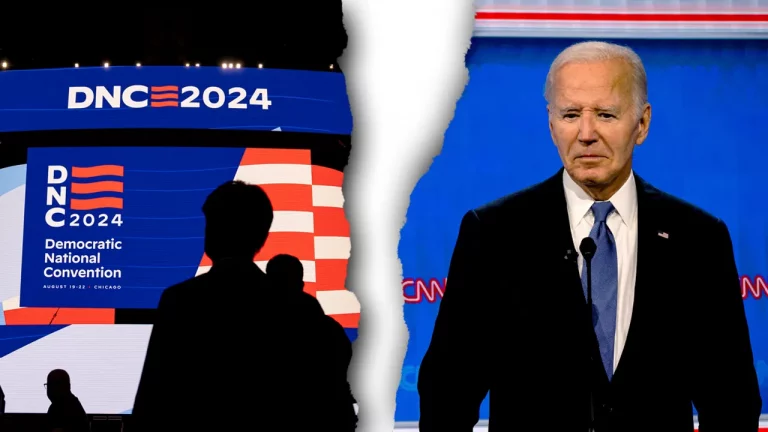Jurors May Think Hunter Biden is Guilty But Still Vote to Let Him Go
The fate of Hunter Biden hangs in the balance as the jury faces the monumental task of deciding on the three felony firearm offenses the President’s son is charged with in a historic federal gun trial. Despite having a strong case against Biden for allegedly lying on ATF Form 4473 about being an unlawful user of a firearm or addicted to controlled substances, there are external factors that could sway the jury’s decision towards acquitting him.
One of the key factors is the Biden family’s significant influence in the state of Delaware, where the trial is taking place. With President Biden’s long political career in the state, including serving as a senator for 36 years, and his late son Beau Biden’s tenure as the attorney general, the family’s legacy looms large over the proceedings.
Moreover, during the jury selection process, nearly all the jurors admitted to knowing someone with substance abuse issues. This vulnerability could potentially be exploited by Biden’s defense team to elicit sympathy from the jurors and sway them away from holding Biden accountable for his actions.
Legal expert Smith highlighted the concept of jury nullification, where the jurors, despite acknowledging the prosecution’s proof of guilt, choose to acquit the defendant. This scenario could unfold if the jury feels inclined to overlook Biden’s false statements on the form due to personal experiences with substance abuse.
Although the prosecution has presented a strong case and evidence against Biden, the demeanor of the jurors during the trial raised concerns. Some jurors appeared disengaged, yawning, and displaying signs of fatigue, indicating a lack of enthusiasm towards the case at hand.
The intertwining narratives surrounding the trial and the pervasive discussions within the Delaware community further complicate the jury’s decision-making process. The high-profile nature of the trial, coupled with personal connections to substance abuse shared by many jurors, creates a complex backdrop for the deliberations.
Despite the prosecution’s efforts to underscore the importance of upholding the law and not succumbing to external influences, the specter of jury nullification continues to loom. As the trial unfolds, the tension between legal obligations and personal sympathies becomes increasingly palpable in the courtroom.
Throughout the trial, Hunter Biden has maintained his innocence, pleading not guilty to all charges. The stakes are high as the verdict will not only impact his personal fate but also reflect the broader dynamics of justice, influence, and accountability in the American legal system.
As the trial nears its conclusion, the eyes of the nation are fixed on the courtroom in Delaware, awaiting the jury’s decision on the fate of Hunter Biden and the implications it carries in a deeply polarized political landscape.


